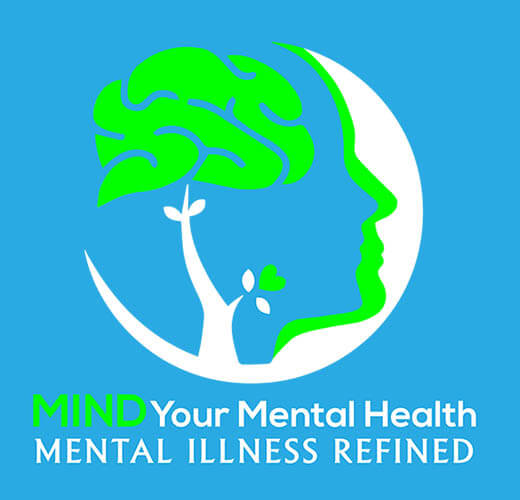Introduction:
Mental illness is a complex and multifaceted aspect of human health that affects millions of individuals worldwide. Despite significant strides in understanding and destigmatizing mental health issues, there remains a pervasive lack of awareness and open dialogue surrounding the topic. This article seeks to shed light on mental illness, exploring its various facets, dispelling myths, and emphasizing the importance of empathy, education, and support.
Defining Mental Illness:
Mental illness encompasses a broad range of conditions that affect a person’s thoughts, emotions, behaviors, and overall well-being. From anxiety and depression to bipolar disorder, schizophrenia, and more, mental illnesses can manifest in various forms, each with its unique set of challenges and symptoms. It’s crucial to recognize that mental illnesses are medical conditions, just like physical illnesses, and are not indicative of personal weakness or failure.
Dispelling Myths and Breaking Stigmas:
One of the major barriers to addressing mental health issues is the persisting stigma surrounding them. Myths and misconceptions often contribute to the reluctance of individuals to seek help or disclose their struggles. It’s essential to challenge these stigmas and educate society about the true nature of mental illness. Understanding that mental health is a spectrum and that anyone can be affected is a key step towards creating a more compassionate and inclusive environment.
The Importance of Early Intervention:
Early intervention plays a critical role in managing mental health conditions effectively. Recognizing the signs and symptoms, both in ourselves and in others, allows for timely access to professional help and support. Education about mental health should be integrated into schools, workplaces, and communities to foster a culture that values mental well-being and encourages seeking help when needed.
The Role of Support Systems:
A robust support system is instrumental in navigating the challenges posed by mental illness. Friends, family, and colleagues can make a significant difference by providing understanding, empathy, and encouragement. Active listening, non-judgmental conversations, and open communication are vital components of a supportive network. Additionally, fostering an environment that encourages seeking professional help without judgment is crucial.
The Impact of Mental Health on Daily Life:
Mental illness affects every aspect of a person’s life, from relationships and work to physical health and overall quality of life. Employers, schools, and communities must recognize the impact of mental health on productivity and well-being, implementing policies and practices that support individuals dealing with mental health challenges. Creating a stigma-free environment enables people to seek help without fear of discrimination.
The Role of Mental Health Professionals:
Mental health professionals, including psychologists, psychiatrists, counselors, and therapists, play a pivotal role in the treatment and management of mental illness. Access to affordable and readily available mental health services is essential to ensure that individuals receive the care they need. Governments, healthcare systems, and advocacy groups must work together to improve mental health infrastructure and eliminate barriers to access.
Conclusion:
Understanding and addressing mental illness require a collective effort from individuals, communities, and society as a whole. By fostering a culture of empathy, education, and support, we can break down the stigmas surrounding mental health and create an environment where individuals feel comfortable seeking help. It is only through open dialogue, compassion, and collective action that we can pave the way for a future where mental health is prioritized and everyone has the opportunity to live a fulfilling and balanced life.




